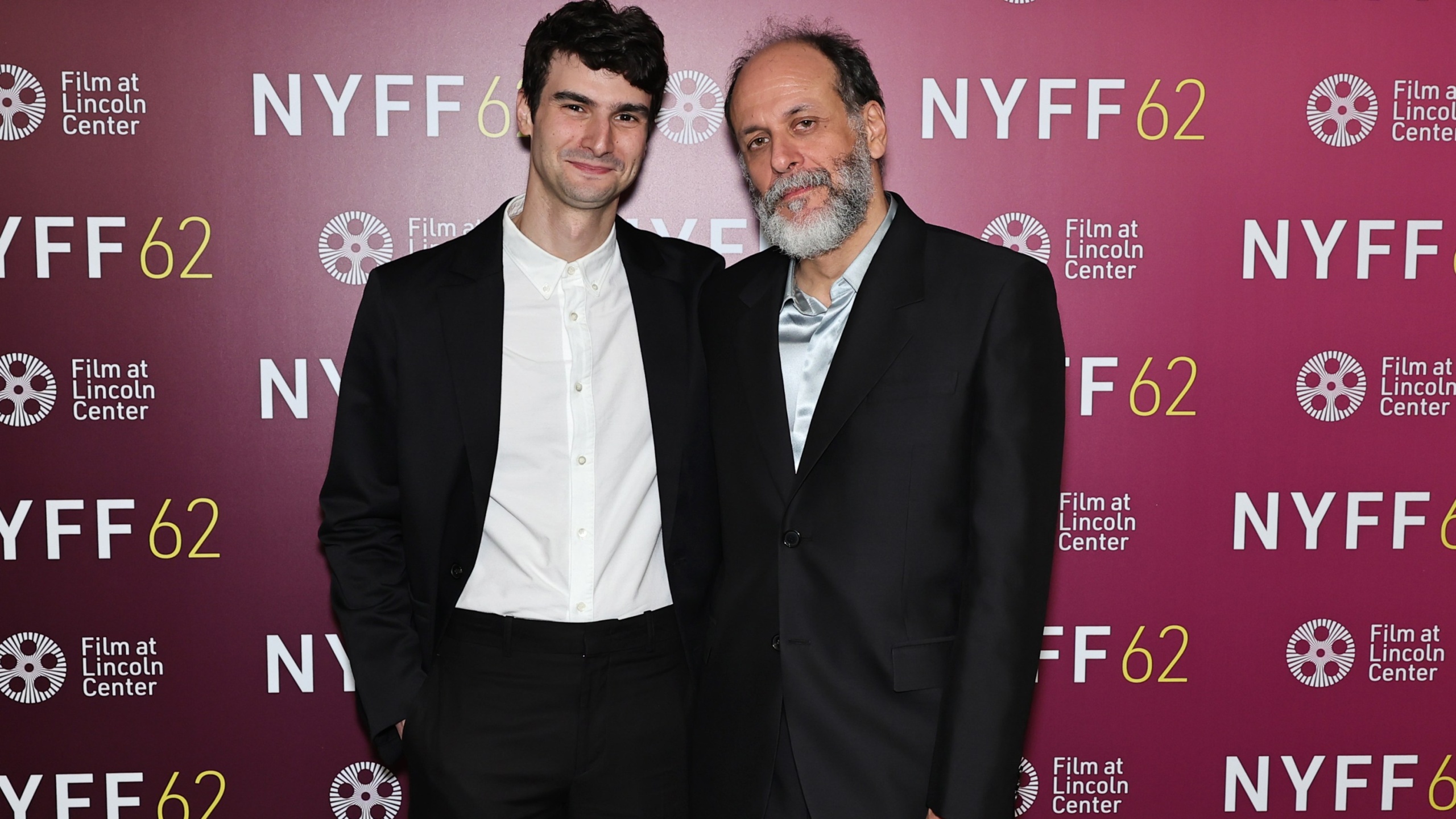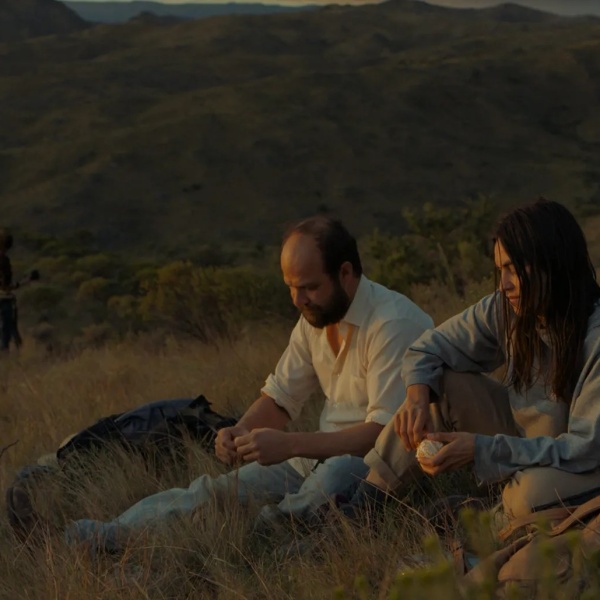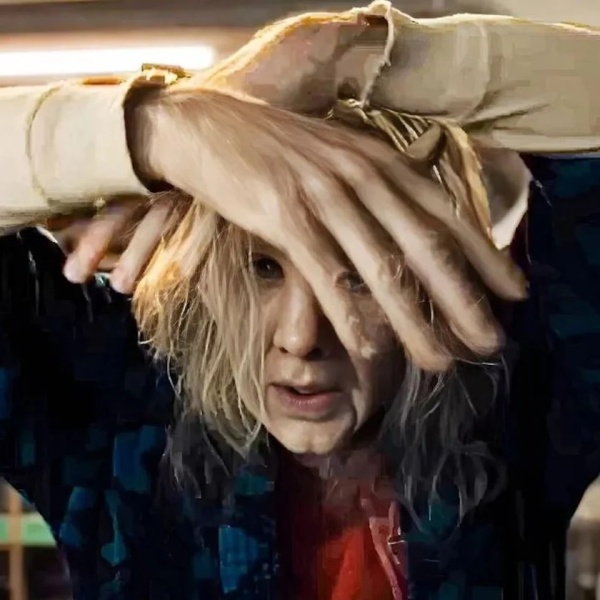“The Dreamers,” “Y Tu Mamá También,” “Casablanca,” “Notorious,” hell, even “Titanic” — cinema loves a love triangle, and Justin Kuritzkes wrote the definitive one of 2024 with his script for Luca Guadagnino‘s “Challengers.”
That film put Zendaya, Mike Faist, and Josh O’Connor in a psychosexual frenzy and turned tennis into a sweaty, propulsive metaphor for the games people play to get each other into and out of bed. Kuritzkes is back in Guadagnino land with his script for “Queer,” an adaptation of William S. Burroughs’ 1985 novella about an expat’s heartache in Mexico City.
While that film, out November 27 from A24, isn’t explicitly a love triangle, you could argue that drugs and alcohol form one point in a triad between Lee (Daniel Craig) and elusive army vet twink Eugene Allerton (Drew Starkey) as they keep trying to make a romantic connection work. Including a trip to the South American jungle looking for ayahuasca, Lee’s next big high, and possibly a portal into understanding a love that’s constantly out of sync. Or even unrequited.
Screenwriter Justin Kuritzkes, whose spec script for “Challengers” Luca Guadagnino swooped up off The Black List, was drawn to Guadagnino’s teenage-era obsession with Burroughs’ novel. It was during the 2022 filming of “Challengers” in Boston that Guadagnino brought the book “Queer” to Kuritzkes as their next potential project. (Guadagnino loves supporting young filmmaking talent, from “Diciannove” director Giovanni Tortorici to “April” director Dea Kulumbegashvili, whose Venice Film Festival premieres he produced.)
Kuritzkes, as it happens, is married to Celine Song, the Oscar-nominated writer/director of 2023’s ultimate love triangle, “Past Lives.” Her next film, “Materialists,” also dwells in the potentially toxic triad between three people, played by Dakota Johnson, Pedro Pascal, and Chris Evans. So why the mutual obsession with triangulated love stories between a married filmmaking pair?
“I can’t really speak for Celine’s work because she’s her own artist with her own point of view, and that’s all for her to contextualize,” Kuritzkes told IndieWire in a recent interview. “For me, love triangles find their way into cinema and into storytelling a lot because it’s a naturally dynamic shape. A triangle is full of tension. Any time that one point in a triangle moves, or the distance between two points in a triangle moves, the distance between the other point moves as well. All the angles have to readjust as well.”
Recall how in “Challengers,” the points between tennis players Tashi (Zendaya), Art (Faist), and Patrick (O’Connor) are constantly moving as Art and Patrick have their own occasionally frisky bromance, and Tashi still has a thing for Patrick even while married to Art. In other words, the games extend well beyond the tennis court.
“You find love triangles again and again in movies because it’s just this naturally tense shape that has to keep reforming itself,” Kuritzkes said. “Once you start to look for love triangles in movies, you go beyond the obvious ones like ‘The Dreamers,’ ‘Y Tu Mamá También,’ or ‘Band of Outsiders.’ Even Hitchcock directed love triangle movies like ‘Notorious.’ ‘Casablanca’ has a love triangle in it. ‘Titanic’ has a love triangle in it. There’s something about these three points in space and no relationship being defined purely in two directions that makes it a constantly shifting and evolving thing.”
He added, “If you think about movies being about perspective, who’s looking at who and what the camera is choosing to look at and where the eye is being directed… If you think about a love triangle movie, any time you’re watching a scene between two characters in the love triangle, you’re always kind of watching it from the perspective of the third character. That to me feels just inherently cinematic. That’s why I was drawn to it for ‘Challengers.’ You’d have to ask Celine about her movies.”
“Queer” opens in theaters from A24 on November 27.



